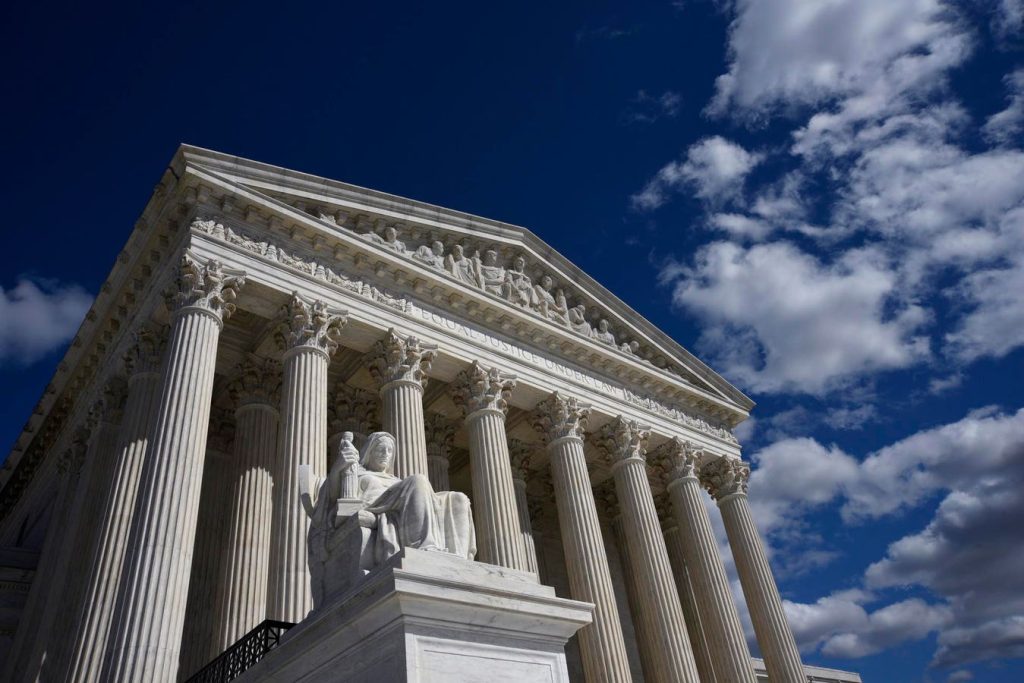Libin Zhang and Kristin Hickman recently discussed the broader implications of Moore v. United States and the challenges facing the Chevron doctrine during a live recording at the American Bar Association Section of Taxation May meeting. They explored how these issues could impact tax policy and the potential for greater uncertainty in taxing power and IRS regulations. The transcript has been edited for clarity and length, providing valuable insights into these critical issues.
The conversation began with a focus on the Moore case, currently under review by the Supreme Court, which questions the taxation of income and the interpretation of the 16th Amendment. Despite the seemingly settled nature of these issues, the case has sparked debate, suggesting a potential need for clarification and reevaluation. The discussion highlighted the constitutional and regulatory implications of the case, emphasizing the justices’ focus on economic and regulatory matters, particularly concerning government power and individual rights.
The conversation then turned to the implications of the Supreme Court potentially overturning the long-standing Chevron deference doctrine. While there is skepticism about a complete overturning of Chevron, modifications may be expected, leading to questions about the IRS and Treasury’s ability to issue tax regulations. The discussion emphasized the importance of providing strong justifications for regulations to navigate potential changes in deference standards and ensure compliance with legal requirements.
The dialogue also touched on the broader trends in administrative law, including increased scrutiny under the Administrative Procedure Act and efforts to improve transparency and accountability in regulatory processes. The shift towards originalism and textualism in judicial decision-making, along with the emphasis on clearer and more precise regulatory language, suggests a changing landscape for tax policy and regulation. Additionally, the conversation highlighted the importance of congressional efforts to draft clearer and more comprehensive statutes to guide regulatory actions.
In conclusion, the speakers noted the need for continued vigilance and monitoring of developments in tax policy and regulation, as well as the potential impacts of judicial decisions on administrative processes. While uncertainties remain, there is a sense of optimism regarding the focus on transparency, accessibility, and accountability in regulatory practices. As the legal landscape evolves, stakeholders in the tax industry must remain informed and proactive in navigating potential changes and challenges ahead.


